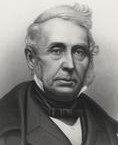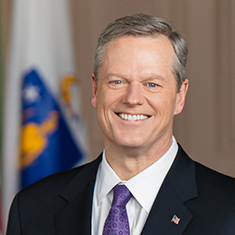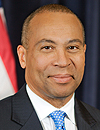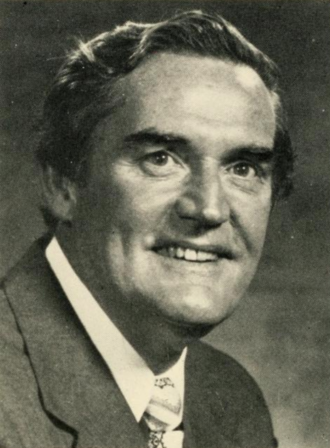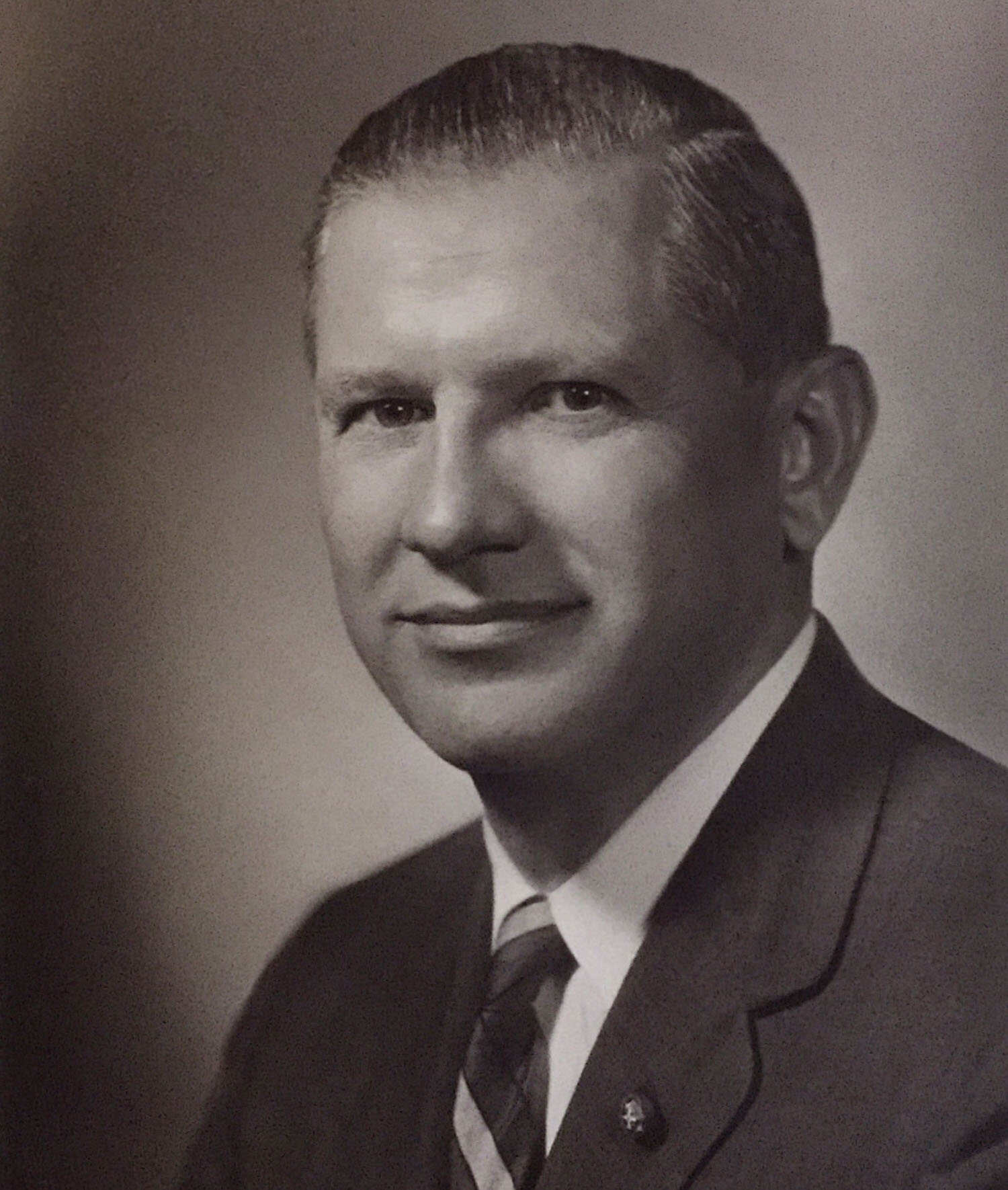Massachusetts
Gov. Marcus Morton
-
February 6, 1825 - May 26, 1825
January 18, 1940 - January 7, 1841
January 17, 1843 - January 3, 1844 - Democratic-Republican
- December 19, 1784
- February 6, 1864
- Massachusetts
- Brown University
- Married Charlotte Hodges; two children
- Succeeded
- Representative
About
MARCUS MORTON, the twelfth, seventeenth and nineteenth governor to serve Massachusetts, was born in Freetown, Massachusetts on December 19, 1784. His education was attained at Brown University, where he graduated in 1804. He studied at the Tapping Reeve Law School, was admitted to the bar in 1807, and then established his legal career in Taunton, Massachusetts. Morton first entered politics in 1811, serving as clerk of the Massachusetts State Senate, a position he held until 1812. He also served as a member of the U.S. House of Representatives from 1817 to 1821, was a member of the Massachusetts Executive Council from 1823 to 1824, and served as the Massachusetts lieutenant governor from 1824 to 1825. On February 6, 1825, Governor William Eustis passed away, and Morton, who was lieutenant governor at the time, assumed the duties of the governorship. He served in this capacity four months. Morton then served as a justice of the Massachusetts Supreme Court from 1825 to 1840, and continued his duties as state chairman of the Democratic Party, a position he held until 1838. After twelve unsuccessful gubernatorial bids, Morton was elected to the governorship on November 11, 1839. However, he served only one term, losing his reelection bid in 1840. Morton ran again in the 1842 election, which resulted in no candidate attaining a vote majority. Consequently, the decision was thrown to the State Senate, which named Morton the legal governor. After completing his final term, Morton left office on January 3, 1844. He continued to stay politically active, serving as the Boston collector of customs from 1845 to 1849. He also served as a delegate to the 1853 State Constitutional Convention, and was a member of the Massachusetts House of Representatives in 1858. Governor Marcus Morton passed away on February 6, 1864, and was buried in the Mount Pleasant Cemetery in Taunton, Massachusetts.
Source
Sobel, Robert, and John Raimo, eds. Biographical Directory of the Governors of the United States, 1789-1978, Vol. 2, Westport, Conn.; Meckler Books, 1978. 4 vols.

